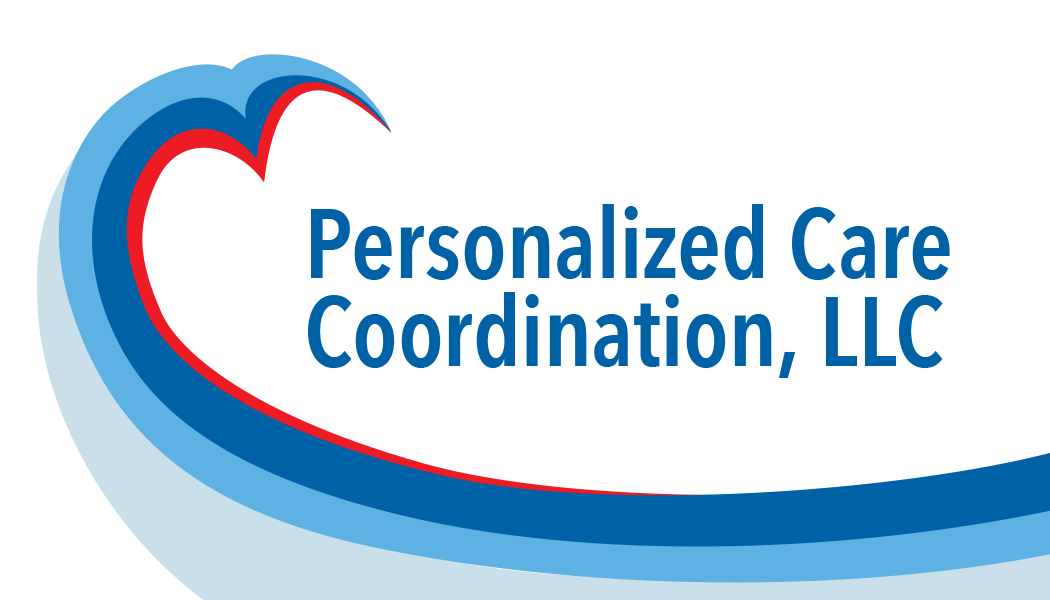Understanding and Improving Senior Medical Care
February 1, 2023
Senior medical care is a critical factor in the overall well-being of older adults. It can help to prevent and address health problems that may arise, as well as support the overall quality of life for seniors.

It is important to ensure that seniors are receiving the best possible medical care so that they can remain healthy and enjoy their later years. To do this, it is important to understand the different components of senior medical care.
Senior medical care involves understanding the unique needs of older adults and providing treatments and services that are tailored to meet these needs. It may include preventive care such as vaccinations and screenings, acute illness or injury treatment, and management of chronic conditions such as diabetes or heart disease. In addition, medical care for seniors may also include palliative care and end-of-life planning.

To ensure seniors receive quality medical care, it is important to select a healthcare provider who specializes in treating older adults. It is also important to stay up-to-date on health screenings and immunizations as recommended by the Centers for Disease Control and Prevention. In addition, regular communication with a healthcare provider is important to ensure that health needs are being met, and any changes in symptoms or medications are discussed.
Finally, one of the most important aspects of senior medical care is an understanding of how lifestyle choices can affect health as we age. Exercise, nutrition, stress management, and social engagement are all important components of maintaining health in later life. By understanding the importance of these lifestyle choices, seniors can make informed decisions that will help to improve their overall well-being.

Understanding and Improving Senior Medical Care with Personalized Care Coordination
- In addition to understanding senior medical care and making lifestyle choices that promote health, it is also important to consider personalized care coordination. Personalized care coordination can be a valuable resource in helping seniors manage their healthcare needs and receive the best quality care possible.
- Care coordinators are specially trained professionals who work with seniors, their families, and healthcare providers to create a comprehensive healthcare plan that meets their individual needs. Care coordinators help explain medical conditions and treatments, provide emotional support, assist with navigating the healthcare system, and advocate for seniors’ rights in all areas of their care.
- They also help seniors access resources such as home health services or transportation to appointments. Care coordinators can help ensure that seniors are receiving appropriate, quality medical care and treatment plans that meet their individual needs.
- Personalized care coordination is an important tool for improving the quality of senior medical care. By understanding the value of this service and seeking out a qualified care coordinator, seniors can be empowered to make informed healthcare decisions and receive the best care possible.
Having a well-thought-out and personalized plan for senior care can help to ensure that older adults receive the quality medical care they need and deserve as they age. With the right resources and support, seniors can remain healthy and enjoy their later years.










